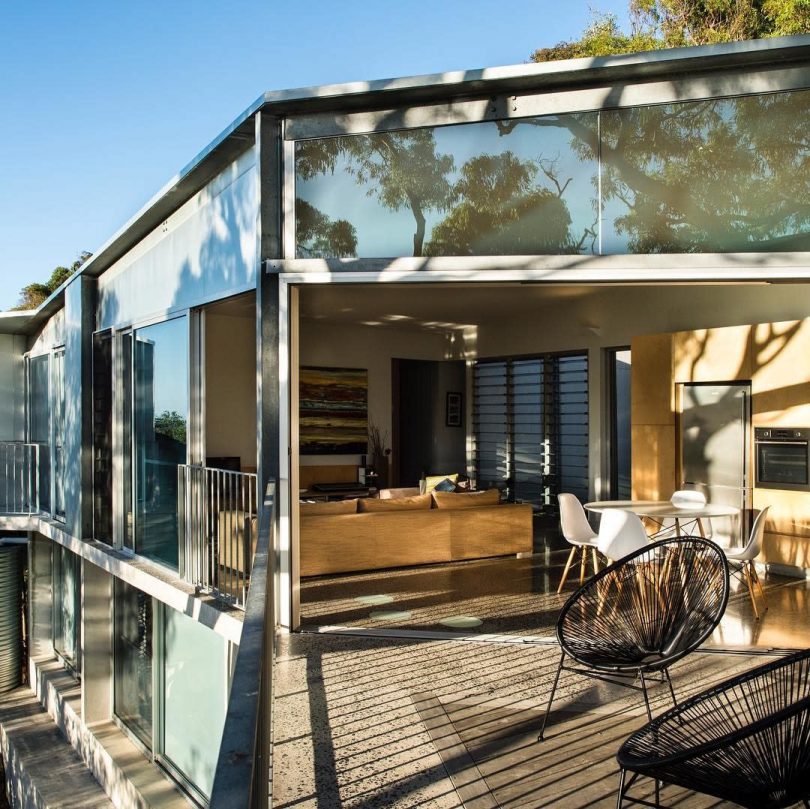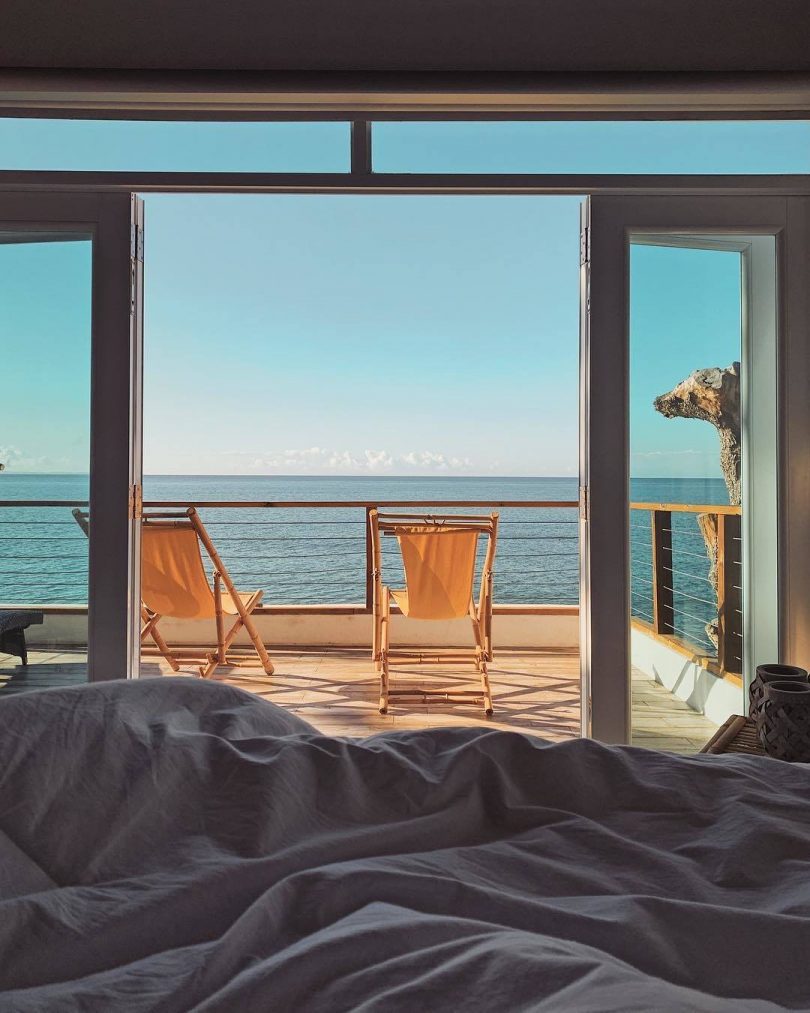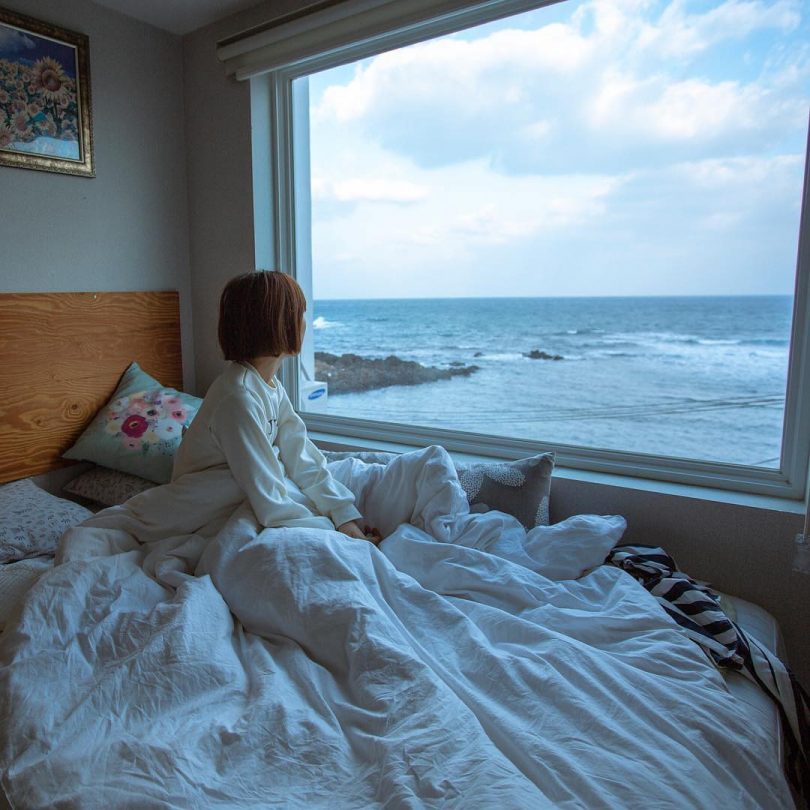
Short term accommodation websites provide their customers with all the comforts of home and a chance to try living in unique places. Photo: Air B and B.
Far from the low-key implication of its name, which stands for “air mattress B and B,” the well-known San Francisco company Airbnb, founded in 2008, has redefined how we travel and holiday and has inspired the launch of similar travel websites.
But the short term rental accommodation market in Australia has been largely unregulated since the arrival of booking websites, which allow homeowners to rent their homes out on a short-term basis, leading to concerns about overcrowding, fire safety, noise pollution and damage, especially in buildings with strata agreements or management rights.
Public outcry led to a government inquiry into the industry in 2015 and a draft code of conduct for NSW was released in August this year.
The Australian Short Term Rental Association (ASTRA) say they welcome the draft.
“Guests increasingly favour authentic home-style accommodation, this has a key role in driving local tourism and providing much-needed jobs and trade in local communities, contributing around $16 billion to the NSW economy each year,” a spokesperson says.
“Currently, over 80,000 Australian taxpaying families and small businesses have a combined investment in excess of $50 billion in this important developing industry.”
Locally, Joan Bird, principal real estate agent for Ray White Jindabyne, has been on the board of ASTRA since June last year and says that after years of being engaged with the review process and submitting comments, she and her fellow board members are ready for some clarity on the issue.
“The outcome of this review is less relevant for us in the Monaro than it is for the South Coast, where there are so many holiday flats and apartments with management rights, like around Fish Pen in Merimbula,” she comments “but we’re still invested, as members of a tourism-based community.”

The new code of conduct will potentially affect both owners and renters. Photo: Air B and B.
The draft code of conduct includes the introduction of a register for all homeowners renting their property as short term accommodation.
ASTRA is strongly in support of the register.
“Registration will create an effective mechanism to target unwanted impact relating to guest behaviour and irresponsible owners, which all sides are keen to address.”
Lily Brain, of Broulee, lists her home on both Airbnb and Stayz for five weeks over the summer holidays and says that while she has had mostly positive experiences, she can understand concerns about noise, mess and security, especially in the case of flats or apartments.
“We can message potential guests and decide if they are a good fit,” Lily says “Stayz, in particular, has really easy to use contract templates so you can spell out what your expectations are.”
“We’ve had one family who left the place a mess, with beer bottles everywhere and a full load of dirty dishes so we didn’t offer them their bond back and they didn’t ask for it.”
Lily and her husband alert their neighbours when they will be temporarily letting their house and ask that they ring if they have any concerns about the guest’s behaviour.
For Lily, renting the house during the peak holiday period is a financial win but new regulations might require council approval to rent short term.

Home-letting websites have opened up a world of possibilities of where to spend your next holiday. Photo: Airbnb.
“Only 11 councils in NSW currently require a DA for short-term rental properties,” Joan explains “the others, by not requiring one, are offering tacit approval of the industry.”
A spokesperson for Airbnb says that while the company is supportive of introducing “commonsense, fair and balanced rules” for the industry, the positive economic impact must be acknowledged, especially in regional areas.
“Airbnb is growing the tourism pie for everyone by making travel more accessible and affordable. This ensures the benefits of tourism are spread across people and places that have traditionally missed out, including many areas across regional NSW.
“More Airbnb guests coming and staying in NSW means more jobs in local cafes, shops and pubs. ”
None of the new rules has come into force yet.
A spokesperson for NSW Fair Trading says that the government is currently reviewing over 2,000 submissions from the public to be considered for the new regulations.
“A final decision has not yet been made on when the framework will come into force, however the Government is committed to ensuring industry participants have sufficient lead time to prepare for compliance with the new laws.”
For more information, visit the NSW Department of Planning, Industry and Environment website



